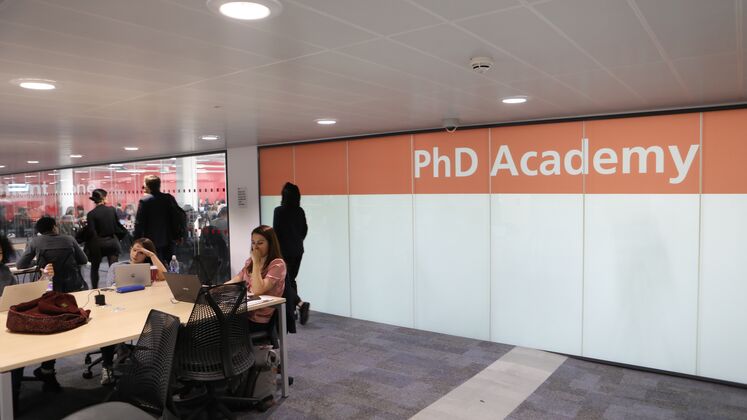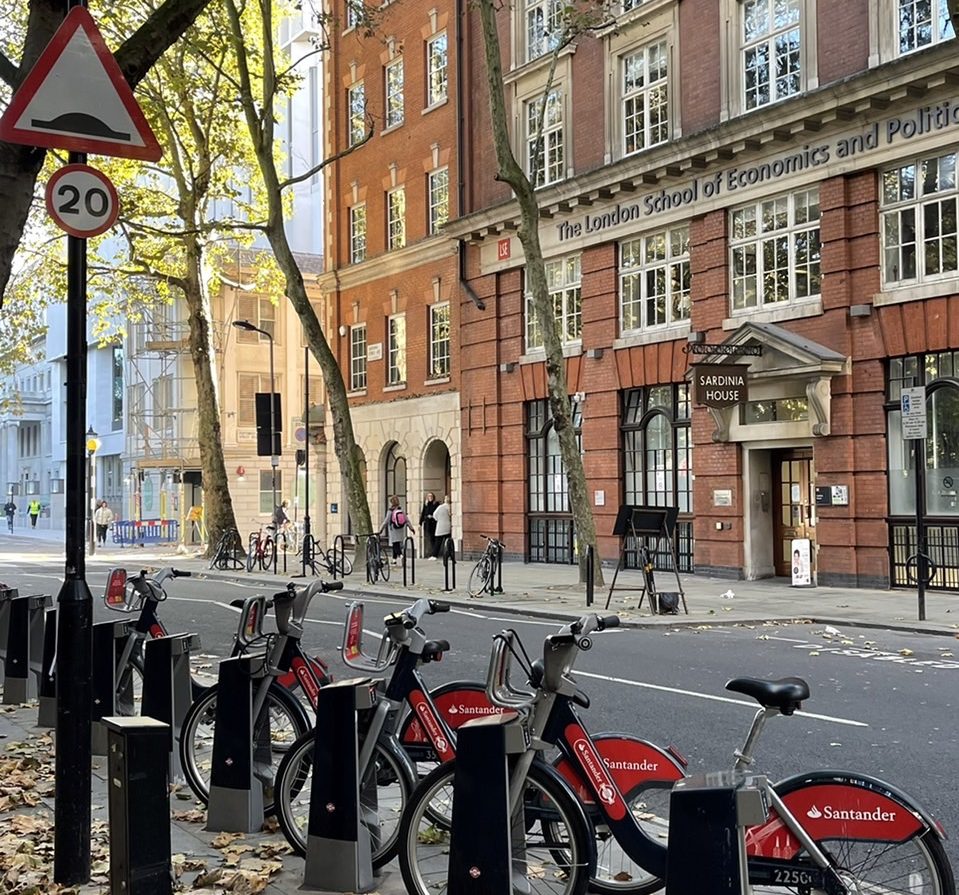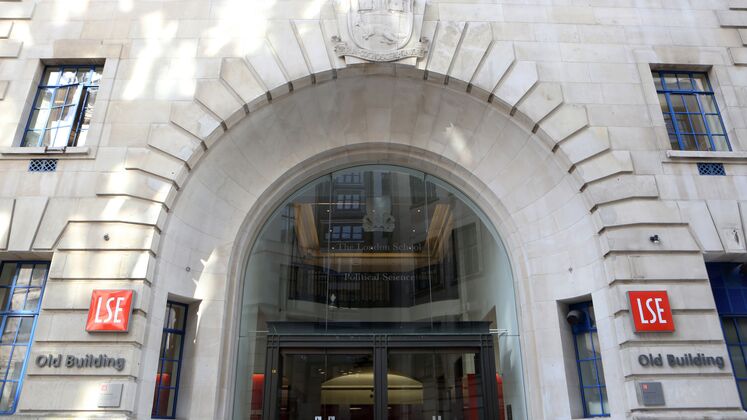Over the course of my doctoral programme, I have devoted some time meeting individuals who were interested in pursuing a PhD. Is pursuing a PhD worth it? How do you submit a successful application? What is it like once you are in the PhD programme? Here is what I usually share with them to consider before they submit an application:
1. Can I commit the time?
Everybody knows that pursuing a PhD is a long endeavour. At LSE, a PhD will take three to four years full-time, and longer part-time. During this period of your life, you will work independently on your research and not everyday will be easy. It will be difficult to disconnect from the PhD even on your time off, so it will often feel like you’re always working.
This is time that you will be committing to your personal and professional development but it is a very different investment than if you had chosen to pursue a position in industry. While you are pursuing your PhD, you may see your friends who left university getting promoted in their careers and reaching professional goals a lot quicker than you. Career progression in academia is a lot slower. Even if I made the decision to pursue the PhD and I was happy with this decision, there were times when seeing my peers move quicker through their careers and earning a good living affected me and made me doubt whether I had made the right choice.
Moreover, not everybody understands the particularities of an academic career and the academic job market, so it can be difficult for your friends and family outside of academia to understand what you are committed to. Most of my friends and family don’t understand that although I am enrolled in a university programme, I am effectively at the entry-level of an academic career path and therefore that I am not just a student.
If I had a pound every time I heard my peers joke about when I was going to get a “real job”, maybe I’d be able to live comfortably in London from my PhD stipend alone!
2. Can I commit the finances?
We have all heard the famous quote by Benjamin Franklin, “Remember that time is money”. In addition to the investment of time required to pursue a PhD, there is an investment of financial resources. If you are self-funded, this investment is evident – are you able to pay out of pocket your tuition fees and support your living costs/cover your financial responsibilities while you pursue your PhD?
If you have a studentship, then your tuition and living costs are technically paid for, although you may find that your stipend is often not sufficient to completely cover your living costs in London. Are you ready to be living on lower means for a certain duration of years, or working part-time alongside your PhD to make ends meet during this time?
Moreover, the pursuit of a PhD does not guarantee a high salary later on. If you continue on the academic path, you may earn on average £35k in the UK as a postdoctoral researcher, the duration of which varies from a year to three years. Professor track positions are highly competitive and you may need several postdoctoral positions before you manage to obtain an assistant professorship, which start at about £58k at LSE. Entry salaries vary depending on the industry if you get a job outside academia.
3. Why do I want to pursue a PhD?
Ultimately, the fundamental (and very obvious) question you should be asking yourself when deciding to apply for a PhD is why you want to do a PhD in the first place. Given the commitment of time and financial resources I have mentioned above, pursuing a PhD for the sake of the “prestige” and a doctoral title is not sufficient. You will struggle to complete your doctorate if these are your underlying motivations.
A PhD is time that you are committing to increasing your knowledge base and technical expertise, but you could potentially be doing this in an industry job, too. Do you see yourself pursuing an academic career (at least right now)? Do you need to build specialised skills and expertise to do what you want to as a career? Asking yourself these questions will better enable you to uncover your motivations to pursue a PhD.





